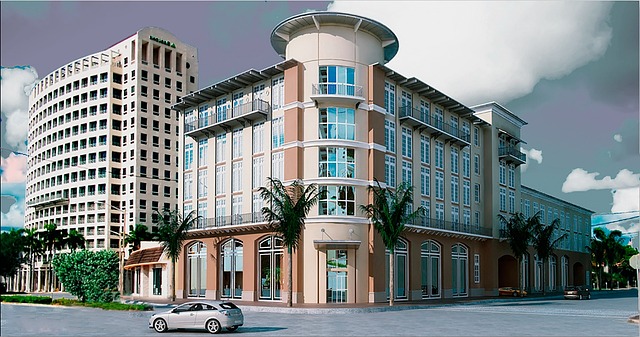Specialized lease clauses in real estate require careful analysis to avoid disputes. These clauses cater to unique property needs, covering maintenance, alterations, subletting, and specific use. Landlords and tenants need to fully understand these terms, from financial impacts to utilization restrictions. Engaging real estate attorneys ensures smooth navigation through complex agreements, protecting all parties' interests.
In the intricate world of real estate, complex leases with specialized clauses are not uncommon. These agreements, often tailored to unique properties or tenants, can significantly impact both landlords and tenants. This article delves into the intricacies of these clauses, exploring common scenarios and navigating the legal implications. By understanding the nuances of specialized lease terms, readers can better manage risk and optimize their real estate investments.
Unraveling Specialized Lease Clauses

In the realm of real estate, specialized lease clauses introduce intricate elements that require careful consideration and expert interpretation. These clauses, often tailored to specific properties or industries, can significantly impact the rights and obligations of both landlords and tenants. They may include unique provisions for maintenance, alterations, subletting, or even specific use requirements, adding layers of complexity to standard lease agreements.
Unraveling these specialized terms is crucial for ensuring a smooth tenancy experience. Landlords and tenants alike should thoroughly understand the implications of each clause, from potential financial ramifications to restrictions on property usage. Consulting legal professionals with expertise in real estate law is often recommended to navigate this intricate landscape, safeguarding interests and avoiding unforeseen disputes.
Common Complex Lease Scenarios

In the realm of real estate, complex leases with specialized clauses are not uncommon, often tailored to meet the unique needs of various properties and tenants. These scenarios can vary widely, from commercial spaces like office buildings and retail shops to residential complexes and industrial warehouses. For instance, a lease for a tech startup might include provisions for flexible space adjustments as their team grows or shrinks, while a medical clinic’s lease could have strict health and safety regulations.
Another common scenario involves mixed-use properties where different types of tenants share the same space—a combination of retail, office, and residential units. These arrangements often require intricate leasing agreements to balance the needs and expectations of each party. Additionally, specialized clauses might address issues like shared amenities, noise levels, and access, ensuring a harmonious coexistence among diverse real estate users.
Navigating Legal Implications

Navigating complex leases with specialized clauses requires a keen understanding of real estate law. These agreements often contain unique provisions that can significantly impact both landlords and tenants. For instance, specific clauses might address issues like leasehold improvements, subletting restrictions, or dispute resolution mechanisms tailored to the property’s nature. Legal implications arise when these clauses are misinterpreted or ignored, potentially leading to disputes and financial consequences.
Therefore, it is crucial for all parties involved to seek professional advice to ensure compliance with relevant regulations. A thorough review by real estate attorneys can help identify potential pitfalls, clarify ambiguous terms, and safeguard the rights of each stakeholder. By doing so, they contribute to a smoother transaction, reducing the risk of legal complications that could arise from seemingly minor details in these intricate contracts.






